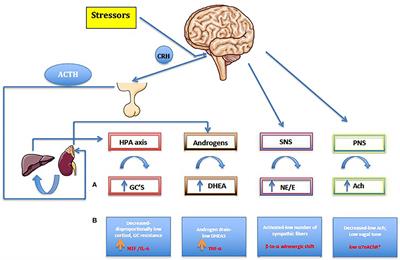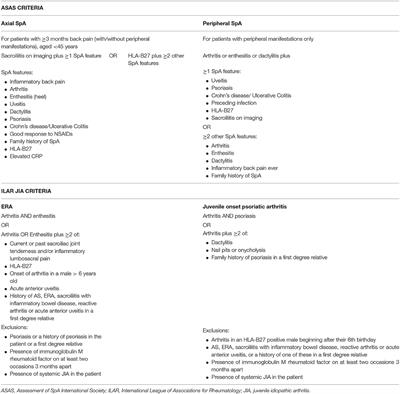EDITORIAL
Published on 08 Mar 2022
Editorial: Juvenile Spondyloarthritis: From Basic Science to Clinical Translation
doi 10.3389/fmed.2022.861512
- 1,375 views
9,150
Total downloads
78k
Total views and downloads
You will be redirected to our submission process.
EDITORIAL
Published on 08 Mar 2022
REVIEW
Published on 08 Oct 2021

REVIEW
Published on 06 Oct 2021

REVIEW
Published on 31 May 2021

REVIEW
Published on 28 May 2021

REVIEW
Published on 20 May 2021

ORIGINAL RESEARCH
Published on 13 May 2021

ORIGINAL RESEARCH
Published on 07 May 2021

BRIEF RESEARCH REPORT
Published on 08 Mar 2021

